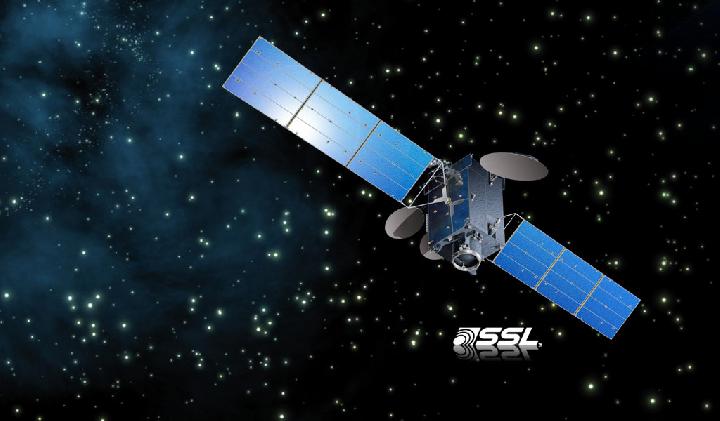Ape Skull Fossil Reveals How Human Ancestor May Have Looked Liek
10 August 2017 13:34 WIB

TEMPO.CO, Jakarta - The fossil of a skull of a lemon-sized baby ape nicknamed Alesi, which inhabited Kenya's forests some 13 million years ago, reveals the possibilities of modern human ancestors and apes in the past.
Scientists on Wednesday August 9, 2017 announced the discovery of the most complete extinct ape skull fossil ever found. The findings allow them to study characteristics such as brain cavities, ear structures and adult teeth.
With a small snout, the skull resembles a gibbon, a small monkey found in Asia. But the balance of organs inside the inner ear are different from the gibbons, and reveal that Alesi species move through the trees more carefully and have shorter arms than the gibbons, which swing through the trees with acrobatics.
The skull is likely to answer old questions about the origins of human ancestors and some modern apes such as chimpanzees, gorillas, orangutans and gibbons. These findings, say scientists, show their ancestors evolved in Africa, not Eurasia.
Many fossils describe the evolution that has evolved since the narrower lineage that causes people to separate from chimps, our closest evolutionary cousins, 6 to 7 million years ago. Our species, Homosapiens, appeared about 300,000 years ago in Africa.
Fossils over 10 million years old that could explain the evolution of the same ancestors of modern and human apes are rare, often the teeth and jawbone are only found. That is why this fossil, found in the west of Lake Turkana in northern Kenya, is very significant.
"I appreciate how difficult it is to find something like this, so when we find this, I am very excited," said paleontologist, Yesaya Nengo, of Stony Brook University's New York-based Turkana Basin Institute and De Anza College, based in California.
The name Alesi comes from "ales" meaning "ancestor" in the local Turkana language.
The name belongs to a new species called Nyanzapithecus alesi which is closely related to the ancestors of modern people and apes. But the fossils of the ancestors are likely to be older, says University College London paleontologist, Fred Spoor.
Alesi's teeth and fully developed ear tubes demonstrate their kinship with modern apes. The growth line on adult teeth shows Alesi is one year and four months old at the time of death. The researchers, who can not determine the sex, say Alesi may have been killed in a volcanic eruption.
The study of fossilized ape skulls is published in the journal Nature.
REUTERS | ERWIN Z























